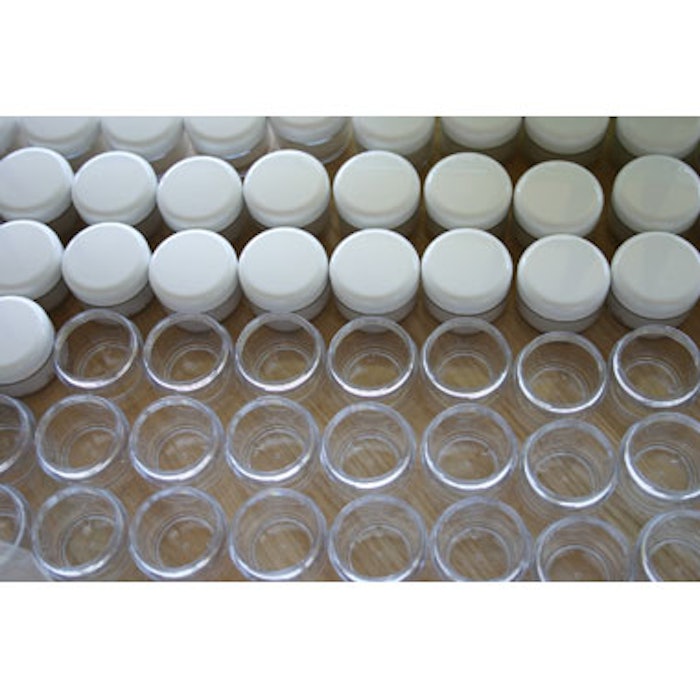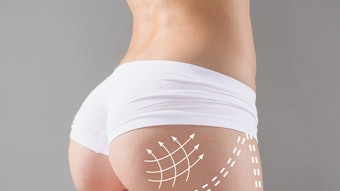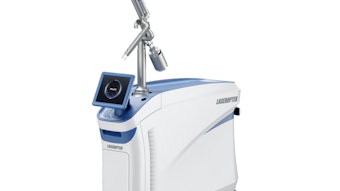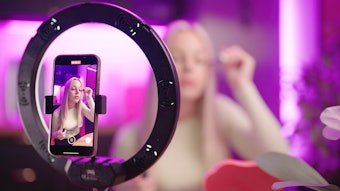
There are dozens of industries that provide private label products to end users, from cosmetics to pet food to groceries. This is why the Premium Roast coffee you buy at Mary’s Coffee Shop in Chicago may taste very similar to the coffee you purchase from your favorite grocery store chain in Miami. Skincare products make up a hefty portion of the private label industry as well, and business is booming. Thinking of getting in on the act? We reached out to a few industry insiders who revealed the inside details of the private label skincare game.
The Process
Physicians and skincare professionals enter the private labeling business at every stage. Some don’t have any idea what they want, and some walk in on day one with a budget, formulation ideas and a list of products that they’d like to offer on their shelves. But they all seem to have one thing in common: they want to increase profits and stand out from the competition while keeping their patients happy at the same time. “Usually the doctor comes to us and says, ‘I want to increase my product revenues, and I’m losing sales,’” says John Kulesza, president of Young Pharmaceuticals. He notes that physicians who carry only name brand skincare lines that are widely distributed in-store and online are in constant danger of losing money. “Patients can purchase those products on their own. They don’t need the physician,” he says. “So the physician may wind up selling to them once and never again.” But with private label products, the patient must always come back to that physician for that product.
If you’re thinking about providing a private label skincare line for your patients, the first considerations are, how much does the process of creating your own line cost and how long will it be before you get your first inventory into the practice? When you develop a line from existing formulations offered by a private label skincare supplier, the answers are “likely not as much as you’d think,” and “not long.”
With a bare bones line of one or two cleansers, moisturizers and sunscreens, Young Pharmaceuticals can get physicians set up with a private label line in about two weeks at a cost of about $1,000 to $2,000. “It is by no means a difficult process,” says Kulesza. “We make it very easy.”
Physicians can even sample the products and give them to their staff in order to gain feedback before they make their final product selections.
Skincare developer Induction Therapies has a 12-unit minimum and can get their customers up and running in a week to 10 days—that is if the customer can quickly approve the colors/design of the label as well as the product names.
A bare bones line will run about $1,500 to $2,500. Although most people start off with about a dozen products, “a full line of products that includes cleansers and toners, moisturizing lotions and creams, antioxidant products, various concern-specific serums, retinol products and sun protection products, will be more appealing to consumers and help to drive sales,” says Angelia Inscoe, CEO and founder of Induction Therapies. “Variety allows consumers to choose several products that will work together for an optimal regimen.”
Selecting which products to include in your line is the next hurdle to jump. You want to spend your money wisely and make sure that you get the most bang for your buck. Both Kulesza and Inscoe report that antiaging products are their most popular skincare categories. This includes “high-dollar items,” such as eye creams and products that contain retinol, says Inscoe. Other top categories include moisturizers as well as products that treat pigmentation, acne and rosacea.
But once you get the products how are you going to promote them? Private labelers have got you covered there, as well. Induction Therapies provides digital photos, product descriptions and website setup. And for higher volume customers they also offer sample packets and travel sizes you can hand out to patients to help launch the line.
Young Pharmaceuticals offers a range of marketing support to help you introduce and grow your line, including: branded, lighted in-office displays for your retail area; social media support, which includes photos and promotional posts to drive sales; and online store development with subscription ordering (every three months the patient gets the product shipped to them at a small discount). “It is amazing how many patients are interested in and elect subscriptions,” says Kulesza.
Creating a Custom Line
If you are interested in creating your own, truly custom skincare line, the costs and the timeline will increase. You’ll need to work with a formulating chemist and invest money in product development. The ordering minimums are also significantly higher when a product is formulated for only one client. The total cost to get started is $100,000 to $200,000, and this covers the creation of two to three products, says Kulesza. Original line creations have also been known to require a commitment of 100 to 200 bottles for each formulation, says Inscoe.
When creating a custom line, consider the types of claims that you want to make about your product as you investigate suppliers and work with your chemist. Is it cruelty-free? Vegan? Does it contain organic pineapple extract? There may be limitations on the claims that the private labeler will allow you to make about the product, and some of those limitations are based on whether the company has completed the necessary clinical trials. Robert Manzo, founder and president of Skinprint, recommends asking for clinical data that supports any claims and for certification for ingredient suppliers regarding organic ingredients or product claims. And be sure to let your insurance company know that you’ve gotten into private labeling. Selling custom-formulated products out of your business may require additional insurance, says Manzo.
To investigate private label companies, Manzo recommends contacting the Personal Care Product Council or the Independent Cosmetic Manufacturers and Distributors (ICMAD) trade association for referrals.
In addition to helping you differentiate yourself from the competition and increasing patient loyalty, private label products also tend to have better profit margins for the practice. This is due, in part, to the fact that you can set your own retail prices without worrying about a patient finding a better deal online or down the street. Inscoe notes that she has a local customer who charges $70 for one of her skincare products. Another customer in a more affluent market charges $250 for the exact same formulation. “You can charge whatever the market will bear,” says Inscoe. “This allows you to offer the price points your patients want and allows you to determine your target profit margins.”
Dana Robinson is a freelance writer based in Los Angeles.
Image: Photosforyou/Pixabay











